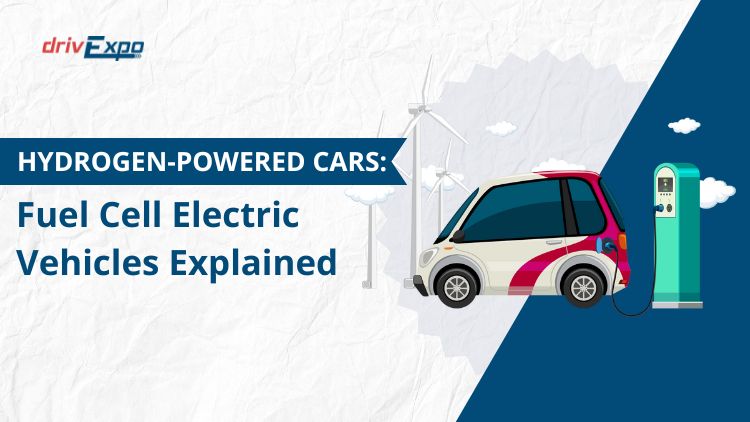Nissan, once a dominant force in the global automotive industry, now faces one of its most challenging periods since Carlos Ghosn’s leadership in the late 1990s.
With declining profits, job cuts, and market competition intensifying, the company is navigating a complex web of restructuring and strategic alliances to secure its future.

AFP via Getty Images
Financial Struggles and Job Cuts
Nissan has announced a drastic 90% decrease in profits compared to the previous year.
This financial strain has led to a series of difficult decisions, including slashing 9,000 jobs worldwide and reducing production capacity by 20%.
These measures aim to save $3 billion in costs and streamline operations, but they have raised concerns among employees and stakeholders.
Makoto Uchida, Nissan’s CEO, has taken a voluntary 50% pay cut as part of the company’s restructuring efforts.
In a press conference, Hideyuki Sakamoto, Nissan’s head of manufacturing, emphasized the need to optimize production efficiency by modifying line speeds and shift patterns across their 25 production lines globally.
Challenges in the EV Market
Nissan’s struggle is further compounded by the rapid rise of affordable electric vehicle (EV) options from Chinese manufacturers.
While Nissan was an early entrant in the EV market with models like the Nissan Leaf, its product lineup has not kept pace with competitors.
The e-Power hybrid powertrain, a significant success in Japan, has yet to make its debut in the U.S., leaving a gap in the company’s strategy to capitalize on the growing demand for hybrids and EVs.
In contrast, the locally built Nissan Rogue has been a bright spot for the company, maintaining its position as a top seller in the U.S. Similarly, the Nissan Qashqai and Juke remain popular in Europe, showcasing Nissan’s ability to create market-winning vehicles.

Seeking Strategic Partnerships
Amid these challenges, Nissan is actively seeking an anchor investor to stabilize its financial position. With Renault reducing its stake in Nissan, the Japanese automaker is exploring collaborations with Honda.
This potential partnership includes discussions about Honda purchasing a portion of Nissan’s shares, although this remains a last resort.
Nissan’s restructuring efforts also extend to its alliance with Mitsubishi Motors, where it plans to reduce its stake from 34% to 24%.
These moves reflect Nissan’s broader strategy to adapt to the evolving automotive landscape, marked by heightened competition and the shift toward electrification.
The Path Forward: New Models and Strategic Alliances
In response to its current struggles, Nissan has outlined plans to launch a new generation of vehicles. Production has already begun on the next-generation Nissan Murano, which aims to rejuvenate the brand’s appeal in key markets.
Additionally, the company’s business plan, dubbed “The Arc,” aims to increase global sales to 4.4 million units, although recent forecasts have been revised to 3.5 million units for the fiscal year.
Collaboration remains a central theme in Nissan’s strategy. The company is exploring opportunities with Renault, Honda, and Mitsubishi to pool resources and develop advanced EV technologies.
Such partnerships could strengthen Nissan’s position in markets like the U.S., China, and Europe, where competition is fierce and consumer preferences are rapidly shifting toward sustainable options.
Consumer Confidence and Market Perception
While Nissan’s current challenges may create uncertainty among consumers, some see potential opportunities. Melvin Swafford, a truck driver from Medford, noted that potential discounts on Nissan vehicles could attract buyers during the holiday season.
However, economic experts like Peter Ireland from Boston College warn that the brand’s reputation could be at risk if consumers perceive instability within the company.
Despite the uncertainties, Nissan remains committed to implementing actions that ensure financial stability, reinforce its product lineup, and secure profitable growth.
These efforts will be critical in restoring consumer confidence and positioning the brand for long-term success.
Conclusion: A Pivotal Moment for Nissan
Nissan’s current situation underscores the challenges facing the global automotive industry, from technological advancements to shifting market dynamics.
While the road ahead is fraught with obstacles, the company’s proactive measures—ranging from job cuts to strategic alliances—reflect its determination to navigate this critical period.
As Nissan seeks to reinvent itself, its ability to innovate and adapt will determine its place in an increasingly competitive market.
Stakeholders and industry observers alike will be watching closely to see if Nissan can turn this challenging moment into an opportunity for growth and transformation.

